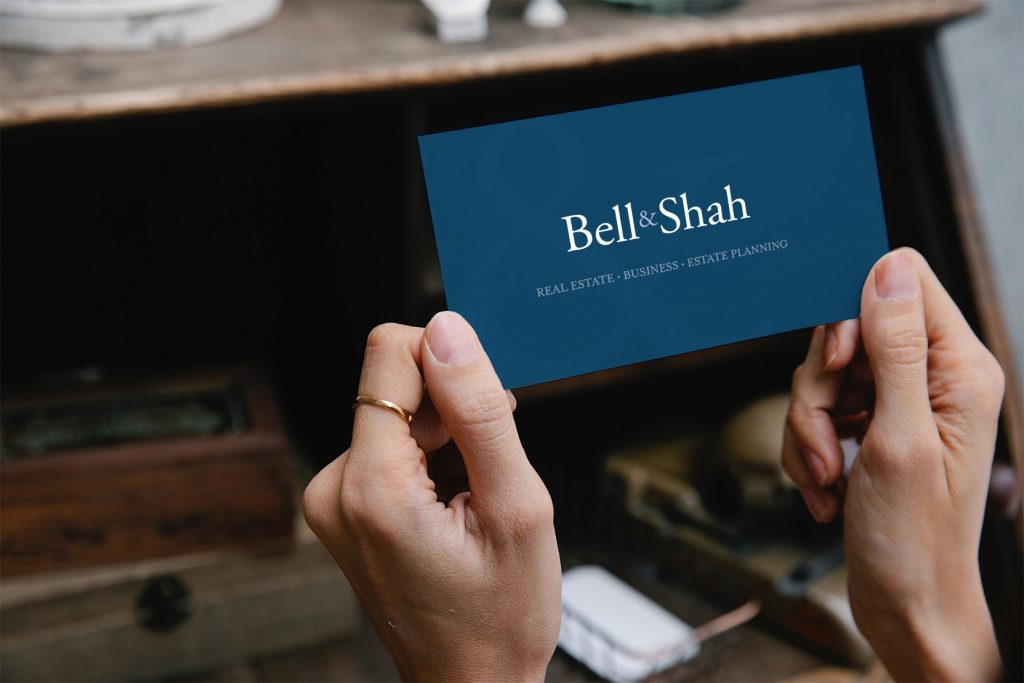One major goal of creating a will is to transfer property to individuals who survive a deceased person, typically family members or close friends. The property falls into two principal categories: real and personal. Real property consists of buildings and land, and personal property includes tangible objects such as jewelry and vehicles as well as intangible items such as cash, stocks, and bonds. Ownership of real property, for example, a house, can be transferred through a will as a bequest or gift.
Transferring Ownership of a House through a Will
Title to a house transferred in a will can only pass to a recipient after the probate process has been finalized. The will’s executor, the person assigned to carry out the terms of the will, initiates the process by filing the will with the local county probate court. The probate judge then authorizes the executor to follow the instructions spelled out in the will. The executor first creates a record of all the estate’s liabilities and assets, then takes care of the estate’s debts, and finally allocates property to the beneficiaries consistent with the terms of the will. If the house has a mortgage, the beneficiary acquires the property along with the mortgage.
Transferring the Title to the Beneficiary’s Name
After the house is obtained, the beneficiary is required to have the title transferred to his or her name. The transfer process varies from state to state, but most often involves applying for a transfer of title with the office of the local county recorder, which usually necessitates paying fees, supplying a certified copy of the previous owner’s death certificate, and sometimes the title to the house.
Since probate can be extremely time-consuming and complex, you may choose to transfer your house in a way that avoids having to go to probate court. Also, depending on the number of your assets, your estate could be required to pay estate taxes.
Bell & Shah Law Is Here to Help
No matter which method you choose to transfer ownership of your house, it’s important to consider the various conditions and possible complications before beginning the estate planning process. The knowledgeable attorneys at Bell & Shah Law, LLC can assist you in creating a plan that will best suit your needs and those of your family. Call us today for a free consultation.

